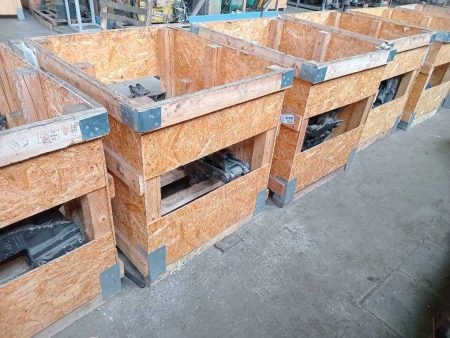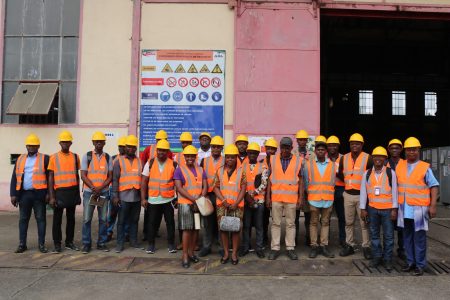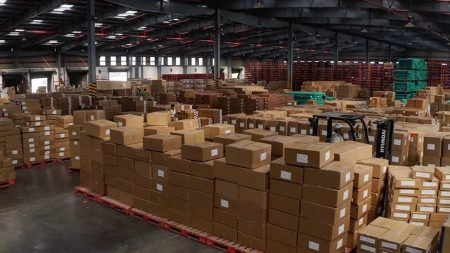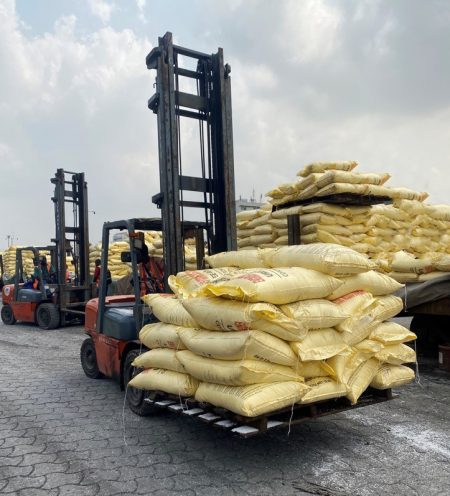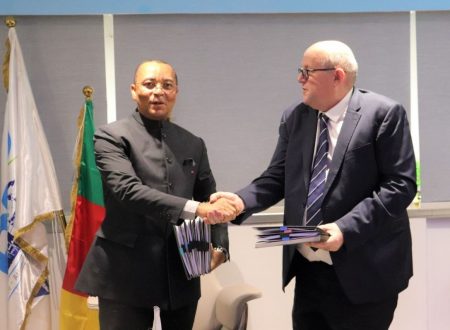This content is for Premium Subscribers only. To view this content, login below or subscribe as a Premium Subscriber.
Related News Articles
1 min
1 min
2 min
Canyon to Acquire 9.1% Stake in CAMRAIL S.A
07 March 2025
Central Africa, Cameroon
2 min
Approval of Inland Rail Facility by the Government of Cameroon
06 February 2025
Central Africa, Cameroon
2 min
Camrail Showcases Modern Maintenance Workshops to Media Delegation
18 January 2025
Central Africa, Cameroon
1 min
Cameroon Advancing Green Rail Solutions: Potential Monorail and Tramway Initiatives
11 September 2023
Central Africa, Cameroon
1 min
Eleven Second Hand 1,000mm Gauge Passenger Cars Available for Purchase
21 April 2023
Central Africa, Cameroon
1 min
